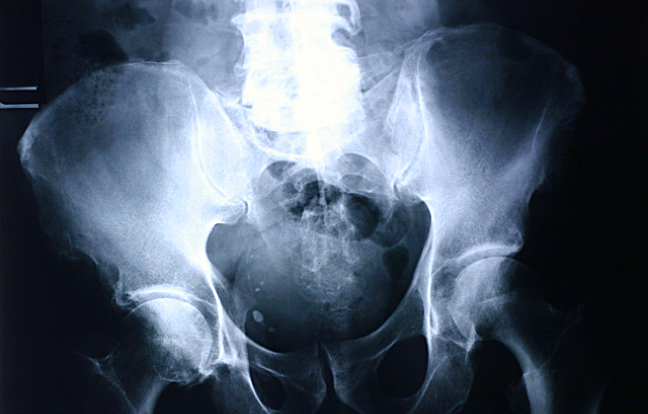What to Expect After Hip Surgery
When a hip joint is impaired after an accident, disease or injury, hip replacement surgery is needed. Hip replacement surgery is also known as total hip arthroplasty or THA. This surgery is needed to replace the worn out or damaged parts of the hip joint and it is necessary to alleviate pain and discomfort, improve leg movement and make the hip joints stable.
Recovery will vary in every person. After surgery, you may need assistance to go about your daily activities and you might need a walker or crutches. Needing assistance may go on for a few weeks and you will need Physical Therapy to help hasten recovery. Centers such as Forest Point Chiropractic and Rehab Center offers Physical Therapy in Manassas Virginia to help patients who have recently undergone surgeries. With constant physical therapy and rehab exercises, you will be able to regain strength and movement. Aside from therapy and rehab, there are ways to help speed up recuperation and help you get back to work as if nothing happened:
-
Never neglect your medication – be sure to take all medication as directed by your primary care physician. Always have your medication with you. Common medication prescribed to hip surgery patients include antibiotics for preventing infection, anti-clotting medication to prevent blood clots and pain relievers to help alleviate pain after surgery.
-
Take vitamins and supplements – vitamins C and E, as well as minerals such as zinc, can help quicken the repair of tissues needed to heal wounds from surgery. You may also need to take fiber supplements to help your bowel movement. After surgery, you should avoid straining your bowel movements so taking fiber supplements will help with regular and steady bowel movement.
-
Make sure you have a balanced and healthy diet – as soon as you get discharged from the hospital, you are able to eat anything you want, unless you have a particular diet prescribed by your physician. Try eating healthy and balanced meals which will not increase your weight as weight gain may put stress on your new hip joint. If you are overweight, ask your dietitian or nutritionist to help you create a meal plan to help you lose weight.
-
Light exercise should be maintained – your therapist will know which exercises to perform to help strengthen hip joint muscles. Exercising may be uncomfortable and painful at first but it is necessary for a quick recovery. Ask your therapist about when it is advisable to start engaging in sports.
-
Ensure safety at home – make sure your furniture is arranged in a way that you will not trip over or bump into anything. Wear sturdy and flat shoes or slippers at home. If necessary, install grab bars in the shower and toilet area. During the early weeks of recovery, it is better to have someone with you at all times.
During the recovery period, you should be aware of your body and any changes. You may also need to make a few adjustments when it comes to your movements and activities. Remember that this is only temporary and that it will help you get back in your normal self and life quicker.
Things NOT to do:
- Do not lean forward when you are sitting with your legs straight in front of you.
- Do not sit on low chairs or seats.
- Do not do any heavy lifting. If you must lift something up, lift with your knees bent.
- Do not walk too fast.
- Do not position your knees higher than your hip when sitting down.
- Do not sit for longer than 30 minutes at a time.
- Do not drive during the first month following surgery.
If you experience or observe any of the following, immediately contact your physician, caregiver or therapist:
- You have a fever, coughs, colds or you are feeling weak and have the chills.
- If you observe severe swelling on your hip joint and you experience extreme discomfort in the area even after taking pain medication.
- You are having difficulty urinating or defecating.
- You have unexplainable seizures or convulsions.
- There is excessive bleeding on your incision wound.
- You often feel light-headed, have difficulty breathing and experience sudden chest pains.
- You have difficulty moving your legs or either of your legs look pale, discolored, crooked or out of position.
For more options or questions, do not be hesitant to ask professionals. You can contact us anytime.
Disclaimer
Blogs, content and other media uploaded online are for informational purposes only. Contents on this website should not be considered medical advice. Readers are strongly encouraged to visit their physician for health-related issues.


Leave a Reply